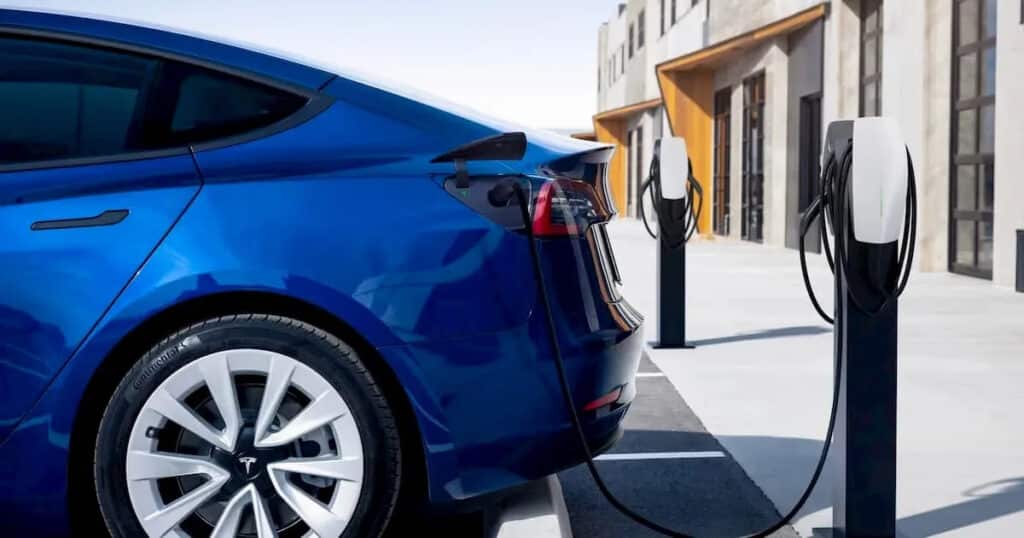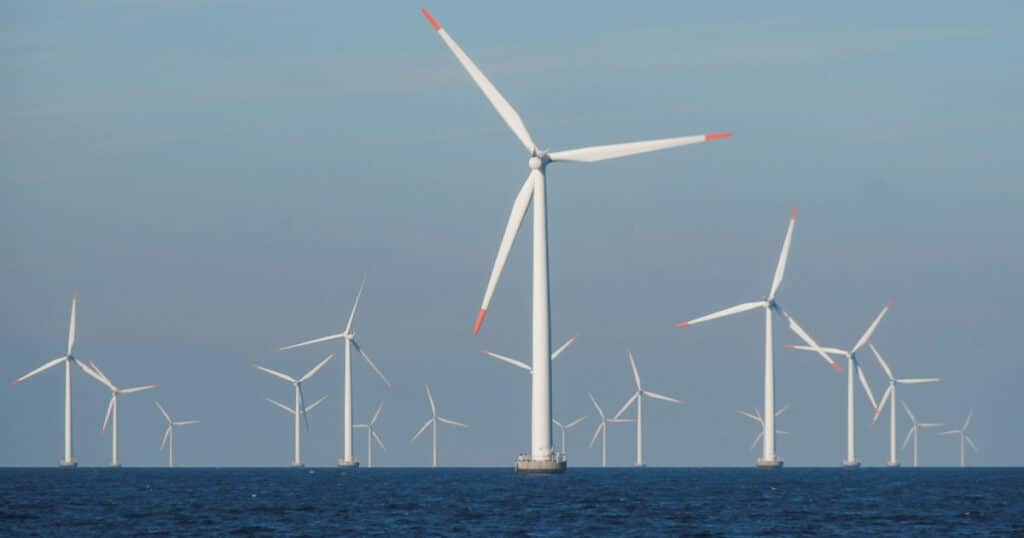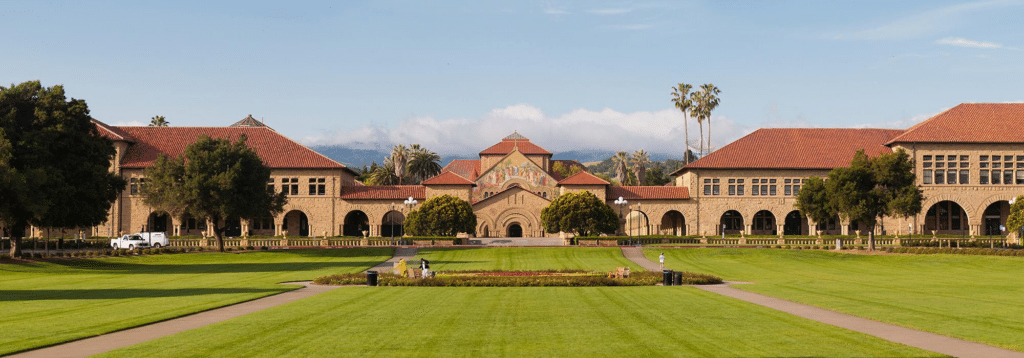
Virginia Democrats Block Governor’s Effort to Ease State Push Toward Electric Vehicles
Democrat state senators in Virginia have blocked an attempt led by GOP Gov. Glenn Youngkin to repeal portions of a state law aimed at increasing the number of electric vehicles on the road through adopting California’s strict air quality standards.
The party-line vote earlier this week killed legislation that would have prohibited the state’s Air Pollution Control Board from implementing a program for low-emissions and zero-emissions motor vehicles starting with model year 2025 models and also would have prohibited the state from requiring new vehicles comply with emissions standards adopted by California under the federal Clean Air Act.
A Virginia measure passed during the tenure of former Democrat Gov. Ralph Northam directs the state to match its vehicle emissions standards with those from California, which has a special allowance from the federal Environmental Protection Agency to set its own Clean Air Act standards. California is on course to ban the sale of new gas-powered cars and trucks by 2035.
Arguing California’s emissions provisions are too aggressive and infringe on personal freedoms, Youngkin sought to scale down Virginia’s standards. He contended regulations calling for more EVs would strain the state’s electricity grid.
The Northam administration outsourced Virginia’s automotive regulations to bureaucrats from California “that aren’t even elected by Virginians to dictate whether we buy cars that are powered by electricity or by fossil fuels,” Youngkin said
in a recent report by the Washington Examiner. “This should be a decision taken by Virginians.”
In his first term as governor, Younkgkin has asked state lawmakers to reevaluate the Virginia Clean Economy Act, a 2020 law that set deadlines for the state’s utilities to cease generating electricity from fossil fuels, shift toward more reliance on renewable sources such as wind and solar — and sever the connection between the air regulations in Virginia and California.Virginia’s and California’s air regulations.
While Democrats wholeheartedly support the California-led standards and control the state Senate, Republicans control the House of Delegates and are expected to ultimately gain approval to repeal the stricter air quality standards.
In the meantime, a group of Republican lawmakers in Wyoming — in the name of safeguarding their state’s oil and gas industries — are spearheading a move in the complete opposite direction, as they attempt to phase out the sale of electric vehicles in the Cowboy State by 2035.
A GOP-sponsored bill claims electric vehicles will curtail Wyoming’s ability to trade with other states.
Besides, ”Wyoming’s vast stretches of highway, coupled with a lack of electric vehicle charging infrastructure, make the widespread use of electric vehicles impracticable for the state,” reads the bill, sponsored by Senator Jim Anderson and co-sponsored by five other GOP legislators.
“The proliferation of electric vehicles at the expense of gas-powered vehicles will have deleterious impacts on Wyoming’s communities and will be detrimental to Wyoming’s economy and the ability for the country to efficiently engage in commerce,” the bill further says.
Then again, in a recent interview with the Washington Post, Anderson clarified he’s not seeking to halt all electric vehicle sales.
“I don’t have a problem with electric vehicles at all,” Anderson said in the Post report. Anyone who wants to buy an electric vehicle should have the freedom to,” he said, adding that his friends and members of his family sport EVs.
More than a dozen other states with their vehicle emission standards tied to California rules are also weighing whether or not to abide by the Golden State’s strictest-in-the nation requirement for all new cars, pickups and SUVs to be electric or hydrogen powered by the 2035 deadline.
Under the Clean Air Act, states must follow the federal government’s vehicle emissions standards unless they at least partially choose to follow California’s requirements.



